Eye rubbing is one of the worst things you can do to your eyes if you are a teenager or a preteen, or in your early 20s.
Eye rubbing can affect the collagen fibres in your cornea, potentially causing keratoconus and deterioration in vision.
Continue reading to find out more about how eye rubbing can affect your eyesight.
The Cornea and Collagen Fibres
The cornea is the front surface of the eye. It is normally crystal clear, and spherically curved – it has the same curvature in all directions. Because the cornea is the most important focusing element in the eye, it needs to be transparent and regularly curved to form a clear image on the retina (“the sensor in the camera”) at the back of the eye. If the cornea is distorted for any reason, it is unable to form a clear image, and vision will be degraded.
The cornea is made up of “connective tissue” called collagen. This is a tough, stringy and flexible protein which is also found in tissues like tendons and cartilage. The collagen in the cornea forms alternating layers of fibres which lie at right angles to each other, and which stretch from one side of the cornea to the other.
It is normally strong enough to resist the normal pressure inside the eye without stretching, and is flexible enough to absorb the normal pulsation of the eye, which occurs from the variation in blood pressure as the heart pulses.
If the collagen fibres in the cornea are damaged or weakened, the cornea may no longer be able to resist eye pressure, and it can start to bulge and become distorted. This in turn can cause a progressive deterioration in vision.
So why shouldn’t you rub your eyes?

In a nutshell, regular or prolonged eye rubbing damages the collagen fibres in the cornea and they start to weaken and break.
This will eventually cause the cornea to weaken and develop bulging in the weakened area, and this in turn causes visual deterioration because of the degraded image that the cornea forms. This is a condition called keratoconus which is often referred to as “KC”.
Why do people rub their eyes?
Most eye rubbing occurs because of itchy and irritated eyes – this is usually caused by hay fever and allergies which are untreated or inadequately treated.
There is a very strong association between the development of keratoconus and having allergies such as hay fever, asthma and eczema. Some children who have extremely poor eyesight from birth or infancy habitually rub their eyes, because they may see some light by doing so. These children are likely to develop keratoconus.
Who else has an increased risk of developing keratoconus?
Keratoconus can run in families, and members of affected families may develop keratoconus even though they are not “eye rubbers”. Keratoconus is also common in young people with Down’s syndrome.
How can you treat keratoconus?
New Zealand has one of the highest rates of keratoconus in the world, and it is the commonest reason for needing a corneal transplant in New Zealand and in many other countries. Because keratoconus causes distortion of the cornea, the quality of vision is degraded.
In many cases vision cannot be corrected with glasses and hard contact lenses are often needed to get usable vision. If the condition continues to progress, which often happens in young people, even hard contact lenses may not give good vision and a corneal transplant may be needed to restore useful vision.
While this is usually successful, vision is hardly ever as good as in a normal eye, and serious complications can occur. Because keratoconus develops in young people, it can have a huge impact on schooling and playing competitive sports to a high level will probably not be possible.
A person affected by keratoconus will be unable to enter many professions requiring good vision, such as the armed forces, police and professional flying.
Why are younger people especially affected by eye rubbing?
The connective tissue (collagen) in young people is much weaker and more flexible than the same tissue in an older person. It gets progressively stronger with increasing age, due to a process called “cross linking”, and is the reason that a baby can put its foot in its mouth, while an older person may have trouble touching their toes – their connective tissue is less flexible and stretchy.
This in turn means that a young person’s cornea is normally relatively quite weak. If eye rubbing occurs regularly, damage to the collagen fibres in the cornea can cause the cornea to lose even more strength, to the point where it can no longer support the normal eye pressure.
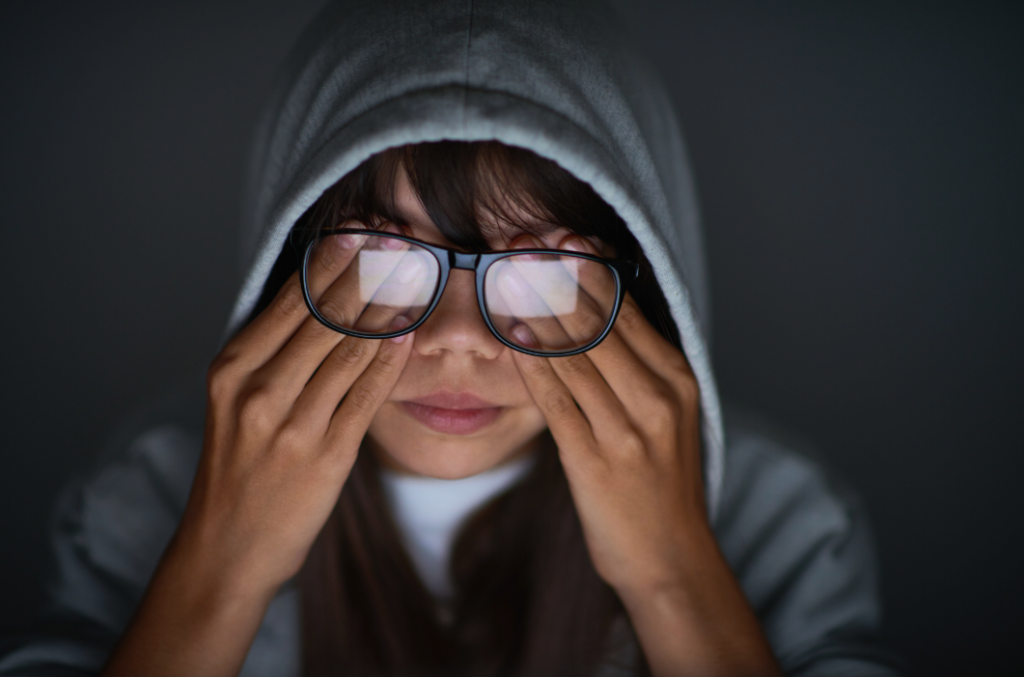
How do I stop rubbing my eyes? Or what should you do if you or a young person you know is an eye rubber?
Basically, DON’T RUB YOUR EYES! It is REALLY important.
The most common cause of eye rubbing is untreated or inadequately treated allergies. There are a number of excellent treatments for allergies and itchy or irritated eyes. These include eye drops, oral medications, desensitisation to things that cause the allergy, and changes to the living environment.
If you are suffering from itchy eyes, whether or not you are having treatment for this, you should see your GP, paediatrician or an eye specialist to have this properly treated.
If you know a child or young adult who rubs their eyes a lot, encourage them or their parents to read this article and to have the problem treated. You will be doing them a huge favour!
Written by Dr Andrew Logan
Wellington Eye Centre
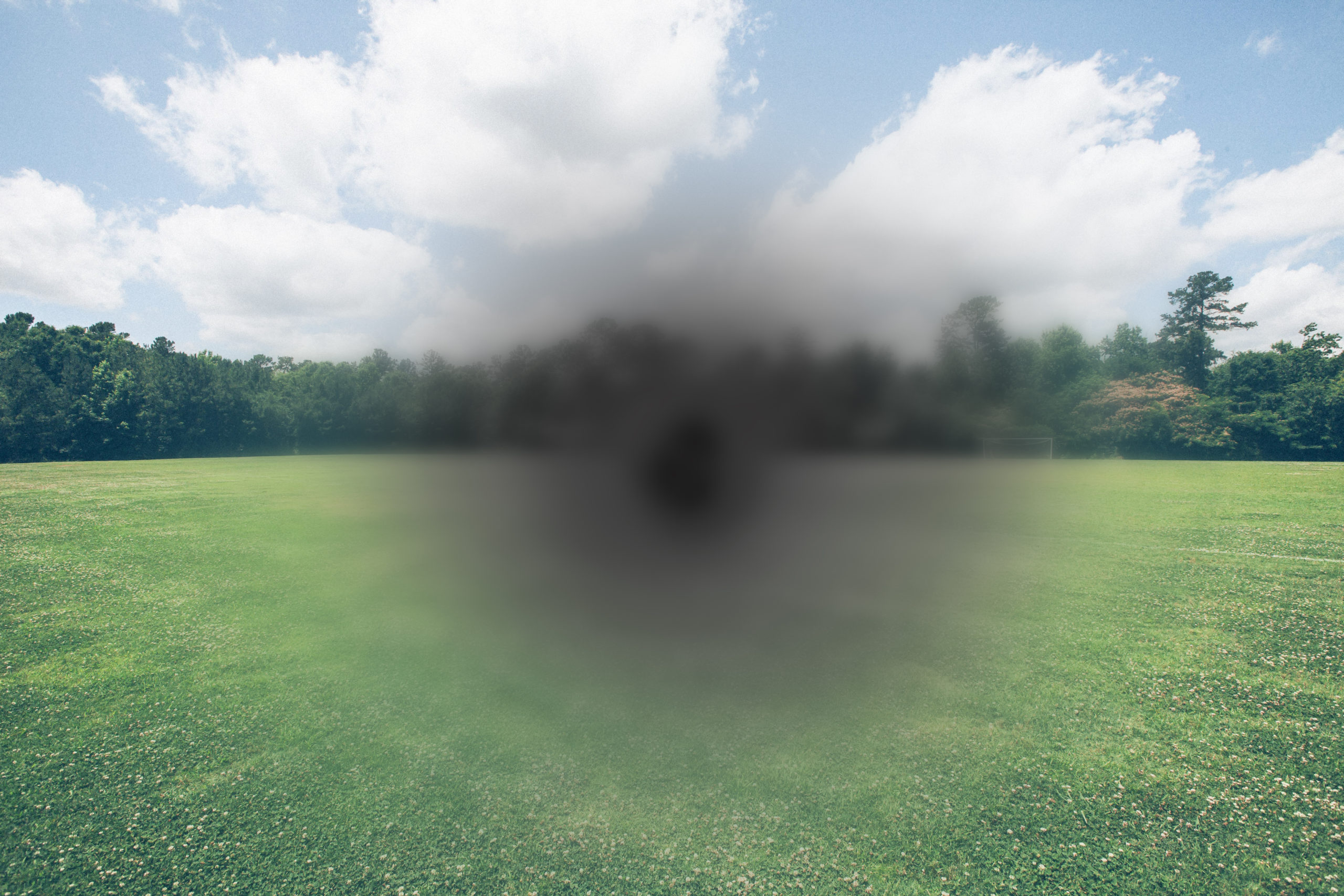
Age Related Macular Degeneration (ARMD)
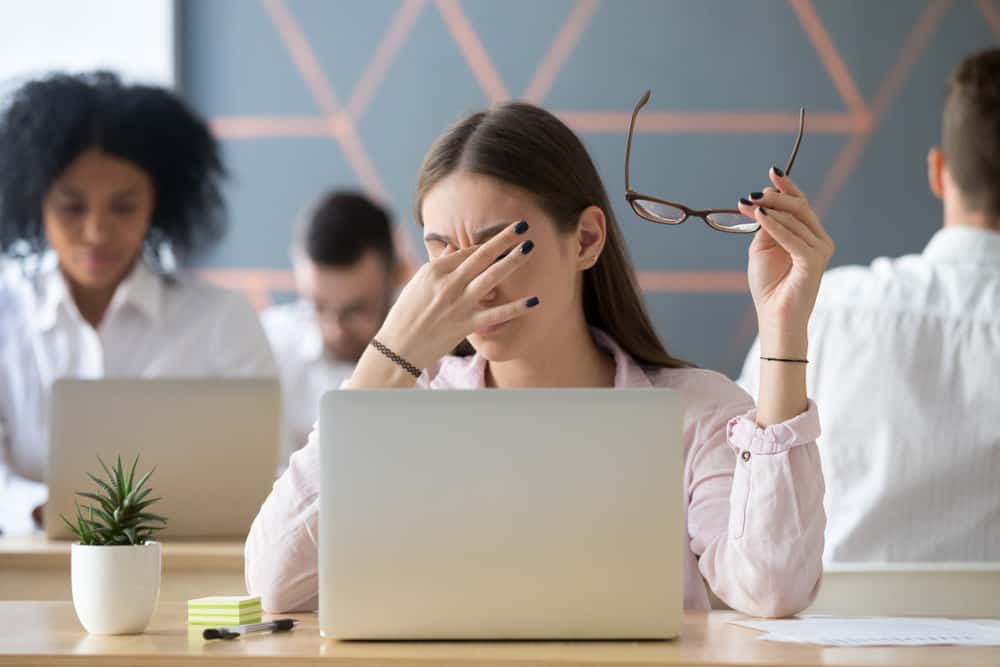
Everything You Need To Know About Dry Eye
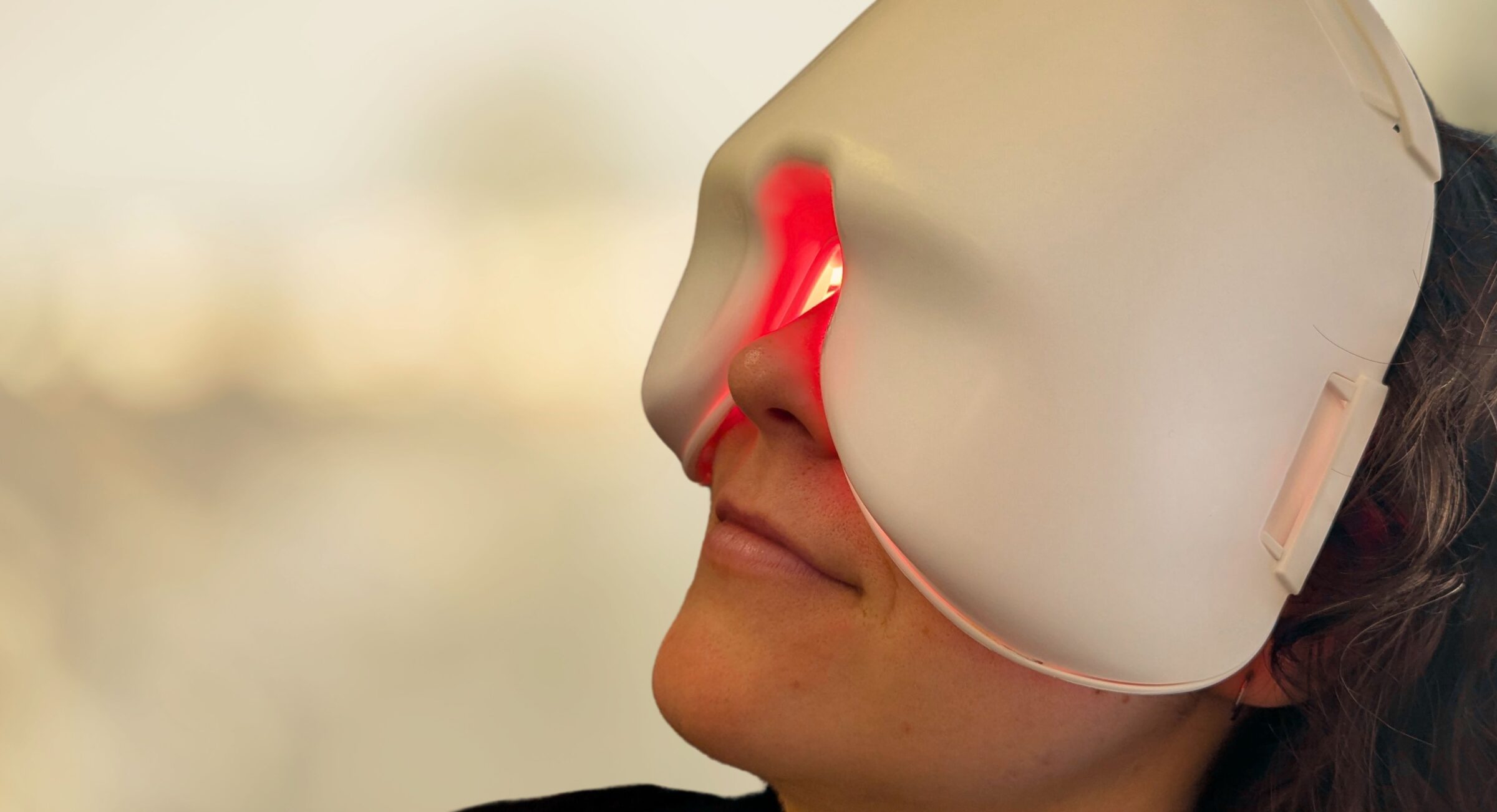
Low-Level Light Therapy for Dry Eyes
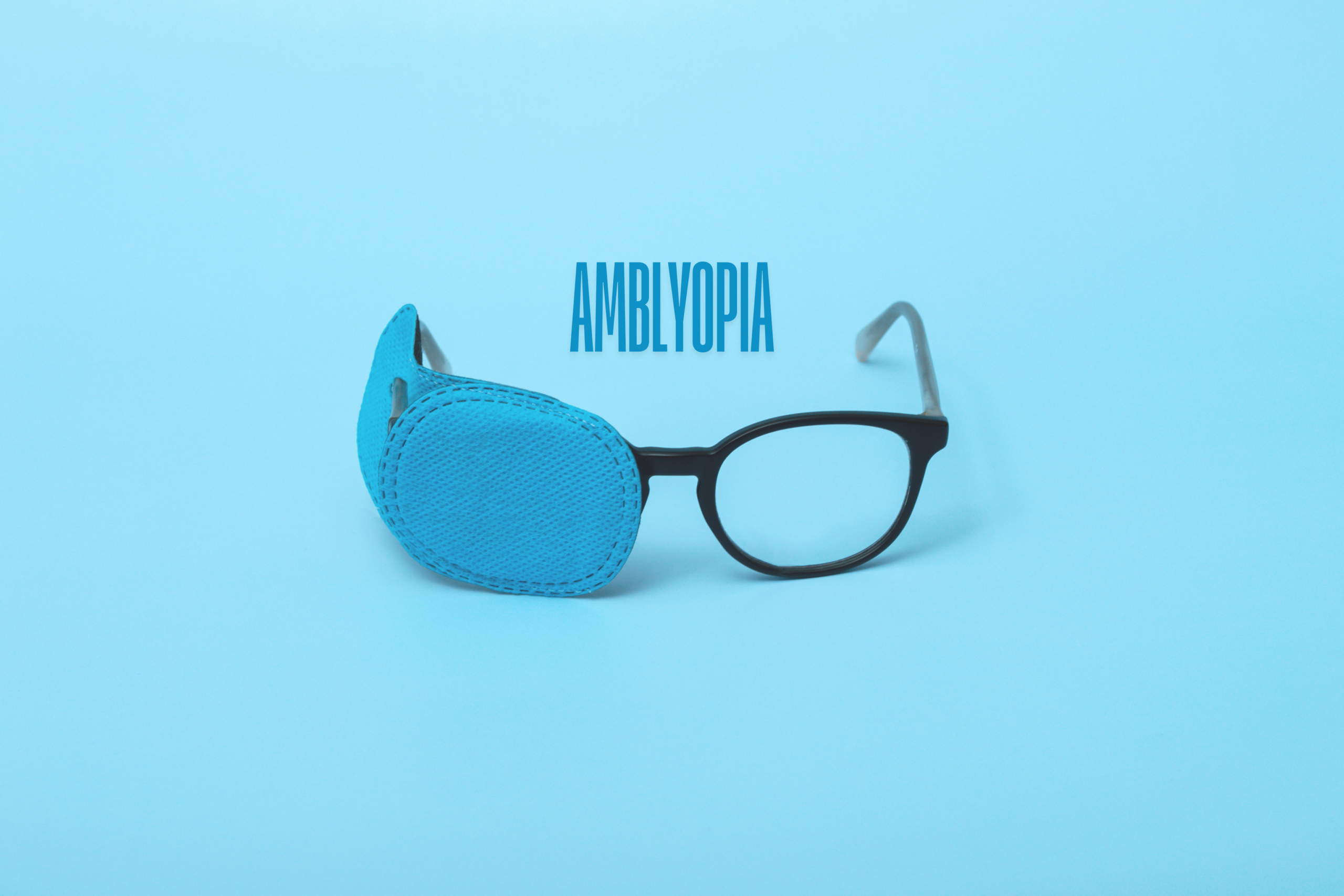
Amblyopia and Laser Eye Surgery

Marijuana’s effect on the eyes

Age Related Macular Degeneration (ARMD)

Wellington Eye Centre Sustainability | How We Reduce Waste & Support the Environment

Everything You Need To Know About Dry Eye
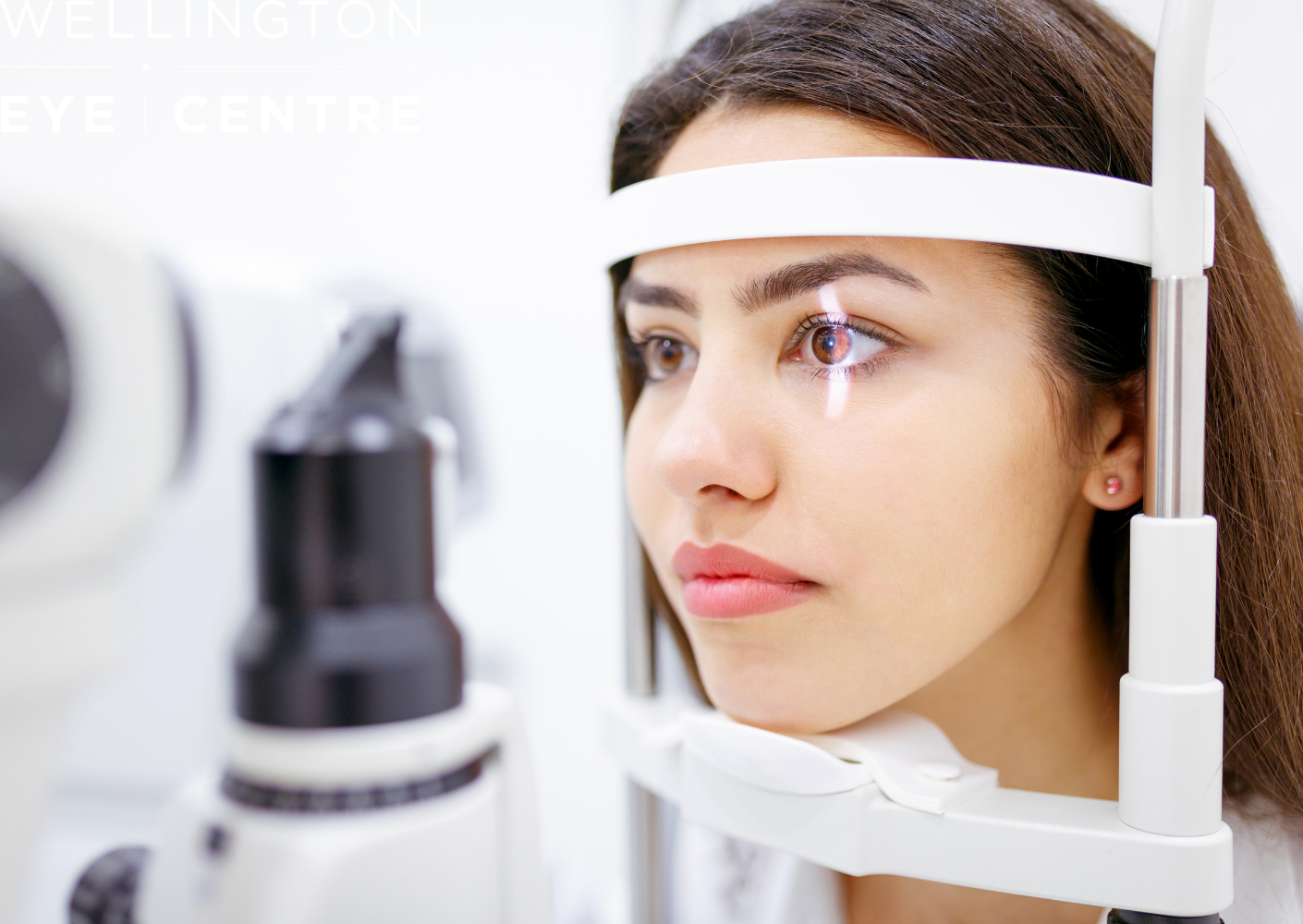
What to expect during your Laser Suitability Medical Assessment at Wellington Eye Centre

